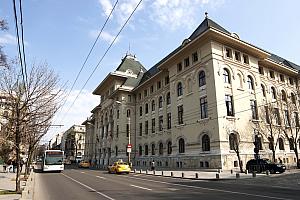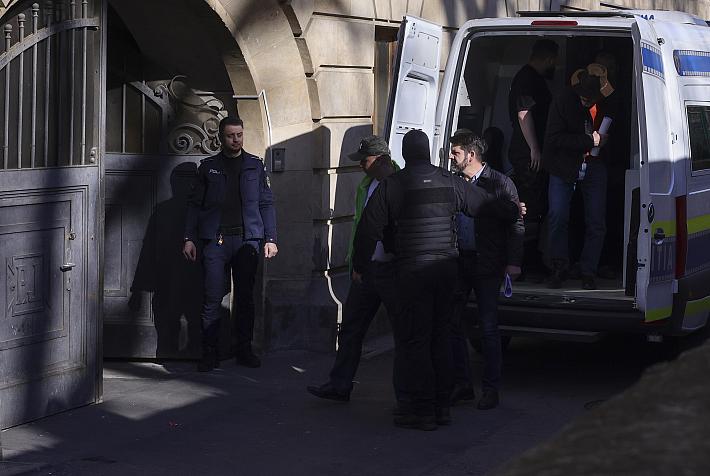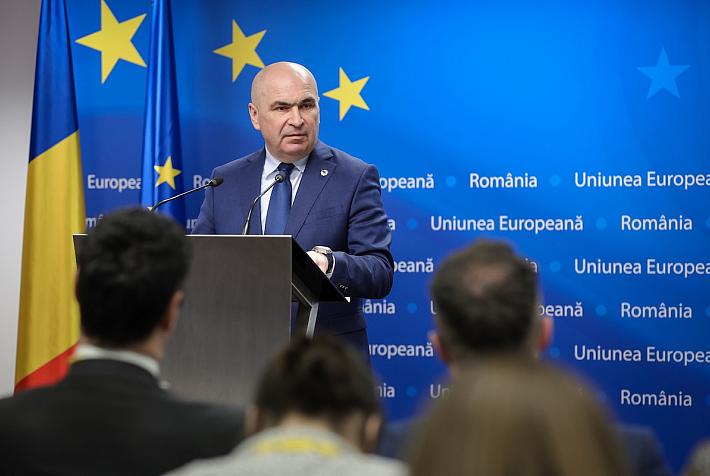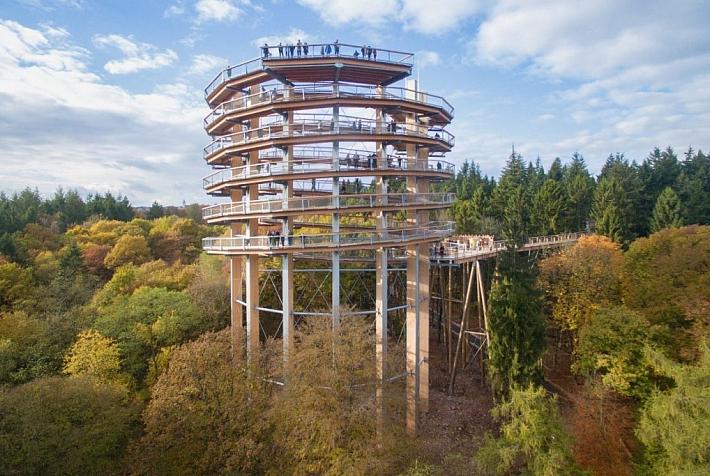2020 calendar: The main political events in Romania
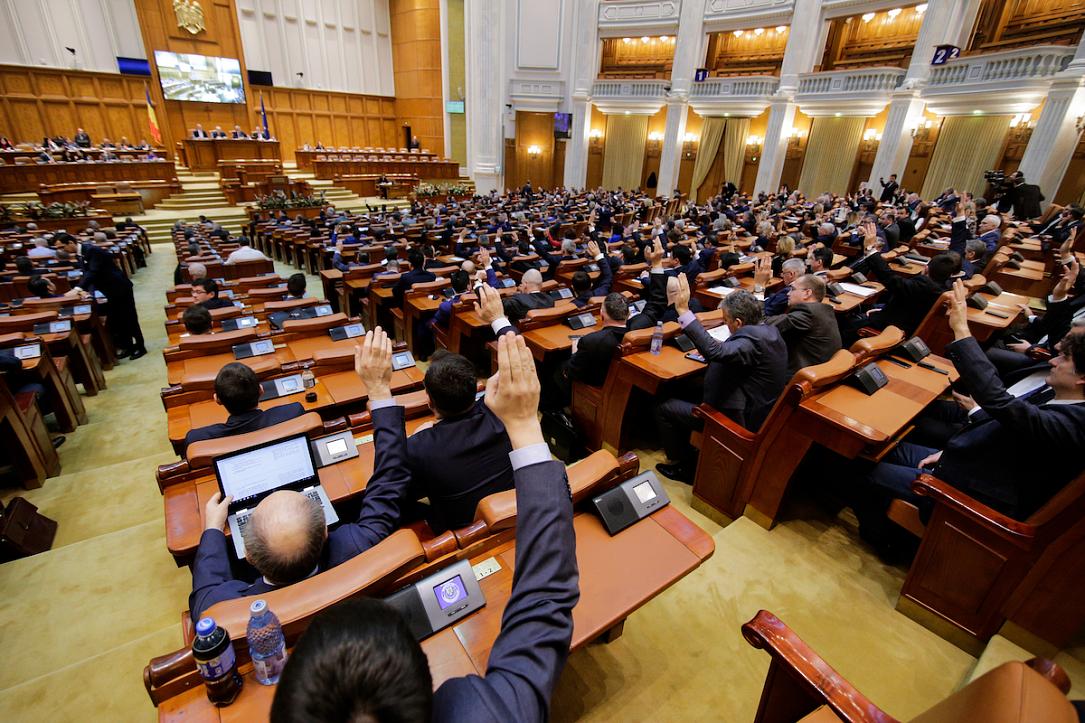
2019 was the year of many political scandals and important power changes but 2020 also comes with major political events.
2019 was a complicated year for the Social Democrats, which faced defeat after defeat in both the European and presidential elections, and saw their government dismissed by no-confidence motion. On the other hand, the Liberals had a great year, as president Klaus Iohannis won another mandate and the National Liberal Party managed to install its own government at the end of the year. 2020 will also be a busy year for the local politicians, as both local and parliamentary elections will be held this year, the Social Democrats will elect a new president, and long disputed draft laws are on the Parliament’s table.
A new parliamentary session
The Romanian MPs will return to work in early February when a new parliamentary session begins.
One of the hottest draft laws to de debated and voted in the new session targets a change in the electoral law, namely the returning to the two-round mayoral elections. An important change given that the Romanians will elect new mayors later this year.
This amendment is supported by the National Liberal Party (PNL), Save Romania Union (USR), People’s Movement Party (PMP), the Alliance of Liberals and Democrats (ALDE) and Pro Romania, all parties that would rather benefit from such a change. On the other hand, the Social Democratic Party (PSD) and the Democratic Alliance of Hungarians in Romania (UDMR) have rejected such initiatives in the past.
PSD still holds a majority in the Parliament but the Liberal leader and prime minister Ludovic Orban said at the end of 2019 that the draft law on returning to two-round mayoral elections could pass the Chamber of Deputies with 173 votes in favor, according to local Ziarul Financiar. However, Orban also said at the beginning of January that the government could take the responsibility of such an amendment, local Digi24 reported. Most likely this would be a solution if the bill doesn’t’ pass the Parliament. However, PSD could use this move to file a no-confidence motion against the government. The Social Democrat leader Marcel Ciolacu already announced that the PSD would file a no-confidence motion against the PNL government in the upcoming parliamentary session.
Another hot topic debated at the end of 2019 targets the elimination of the so-called “special pensions.” The Chamber of Deputies, which will give the final vote, is expected to debate this draft law in the new parliamentary session. The PNL project envisages the elimination of service pensions for several categories, including MPs, judges and prosecutors, the auxiliary specialized personnel of the courts and prosecutor's offices, civil servants with special status, parliamentary civil servants, members of the diplomatic and consular corps of Romania, and members of the Constitutional Court.
The Social Democrats’ congress
Also in February, PSD, the biggest party in Romania, is to organize a congress with the main aim of electing a new leadership.
Former prime minister Viorica Dancila resigned from the position of leader of the Social Democratic Party at the end of November 2019 after her major defeat in the second round of the presidential elections. Marcel Ciolacu, speaker of the Romanian Chamber of Deputies, was appointed interim president of PSD. According to the local media, the candidates for the party’s top position could be Marcel Ciolacu, Bucharest mayor Gabriela Firea and former prime minister Sorin Grindeanu.
The local elections
Local elections will be organized in Romania in late May-mid June (an exact date is yet to be announced) and the big question now is whether they will be organized in one or two rounds. PNL and the USR-PLUS Alliance would have more chances of winning mayoral seats if the elections are held in two rounds, but the electoral law needs to be changed for this to happen, as the mayors are currently elected in a single round in Romania.
Should things remain as they currently are, PNL and the USR-PLUS Alliance could also opt for a form of electoral alliance for the local elections, to increase their chances of winning the elections in major cities, including the capital Bucharest, where incumbent mayor Gabriela Firea (PSD) will run for a new term.
The parties in the USR-PLUS Alliance have announced distinct candidates for Bucharest’s mayoral elections but negotiations are to be held to establish a single nominee.
Meanwhile, prime minister Ludovic Orban announced in early January that he intends to start negotiations with the parliamentary parties for early elections, which could be organized at the same time with the local elections, local Digi24 reported. However, it is rather difficult to trigger early elections in Romania, as this can only happen if the current government is dismissed and the Parliament rejects two successive proposals for the prime minister seat.
The parliamentary elections
Should the early election idea be dropped, Romania will also organize parliamentary elections this autumn (the exact date is yet to be announced).
The Social Democrats were the big winners of the previous parliamentary elections organized in 2016 and they still hold the majority in the Parliament, but things are expected to change following this year’s elections. PNL is expected to win most seats in the Parliament this autumn, as the Liberals went up significantly in the polls after they managed to remove the former Social Democrat government led by Viorica Dancila in October 2019 and install their own government.
A recent poll said that PNL reached a score of 45% in December 2019, up from 39% in November and just under 30% in October. Meanwhile, the score of the Social Democratic Party (PSD) dropped to 18.5% in December 2019, while USR’s score also went down to just 11.5%.
newsroom@romania-insider.com







